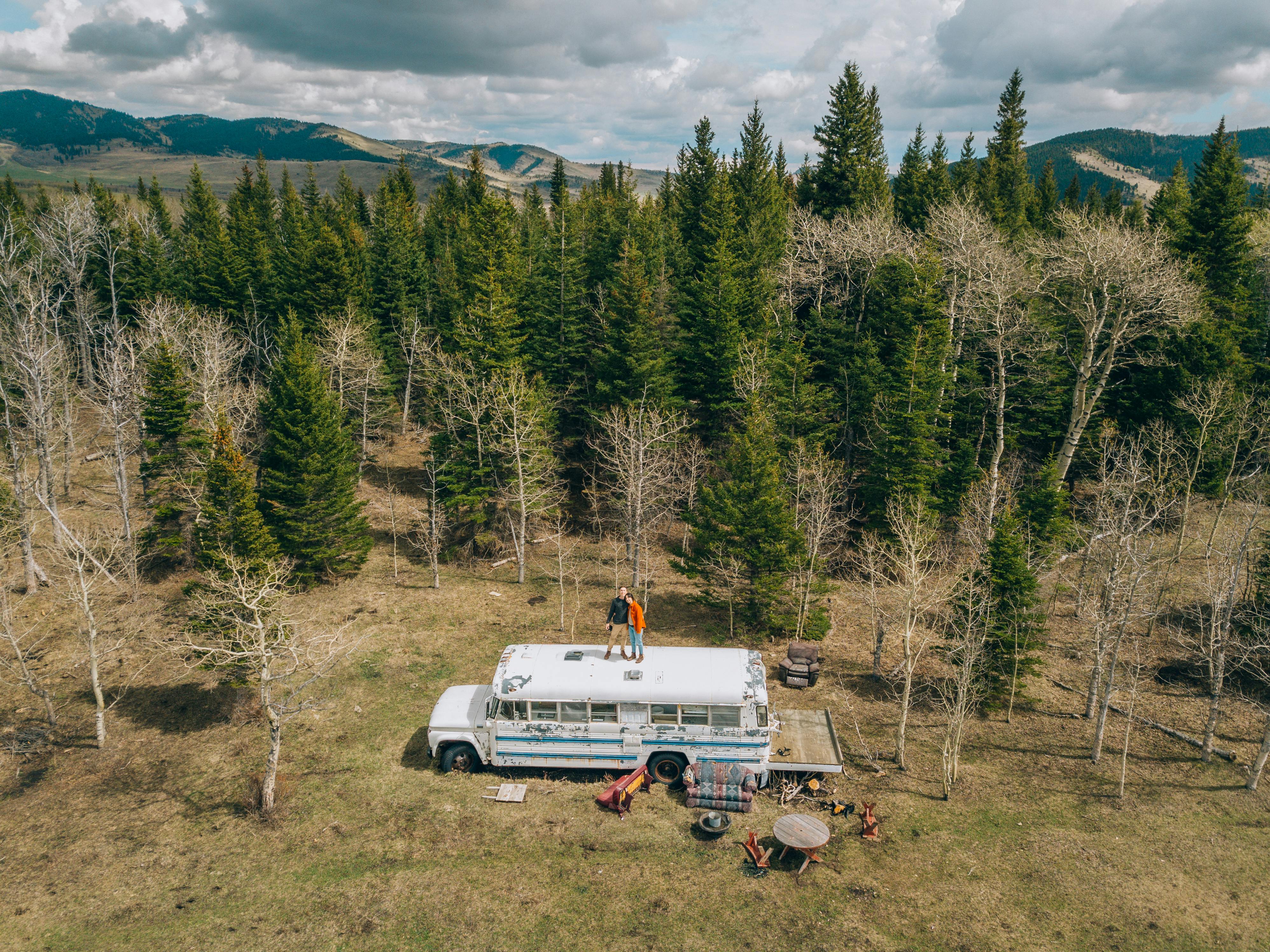Australia’s vast landscapes offer some of the most breathtaking off-grid camping experiences in the world. From the rugged outback to pristine coastal stretches, remote camping invites you to escape the crowds and reconnect with nature. But to enjoy the serenity of isolation, preparation is key. Here’s how to fully equip your caravan for an off-grid adventure across Australia.
1. Choose the Right Caravan Setup
Not all caravans are created equal, especially when it comes to tackling unsealed roads and surviving days without access to powered sites. Look for features such as:
-
High ground clearance and off-road suspension for tackling rough terrain
-
Built-in water and greywater tanks
-
Solar pre-wiring or installed panels
-
Robust battery system

Hybrid caravans and off-road campers are particularly suited for remote travel thanks to their durability and lightweight build.
2. Power Independence: Solar and Battery Solutions
Reliable power is the cornerstone of off-grid camping. To maintain your lights, fridge, fans, and other 12V essentials, consider the following setup:
-
Solar Panels: Roof-mounted or portable solar panels (200–400W) are ideal for charging during the day.
-
Deep Cycle Batteries: AGM or lithium batteries (100Ah or more) provide dependable energy storage.
-
Inverter: Converts DC power to AC if you plan to run 240V appliances.
-
DC to DC Charger: Efficiently charges your batteries while driving.

Pro Tip: Monitor your power consumption and carry a backup generator or solar blanket for added peace of mind.
3. Water and Waste Management
When you’re far from the nearest service point, water becomes precious. Here’s how to manage it wisely:
-
Calculate Usage: Aim for at least 5–10 litres of drinking water per person per day.
-
Filtration Systems: Inline filters or portable purification units ensure safe drinking water from creeks or rainwater.
-
Greywater Tanks: Essential in national parks or conservation zones where waste disposal is regulated.

Always carry a backup water container and use biodegradable products to minimise environmental impact.
4. Cooking and Food Storage
A well-equipped kitchen means less reliance on nearby towns. Off-grid cooking essentials include:
-
Compact BBQ or fire pit (check local fire bans)
-
Vacuum-sealed or dehydrated food for longer trips

Plan your meals ahead, and keep a small pantry of dry goods like rice, pasta, and canned food.
5. Communication and Navigation Tools
Staying connected and navigating unmarked paths can be lifesaving in remote locations:
-
UHF Radios: Critical for contacting other travellers or nearby stations.
-
Satellite Devices: Satellite phones or GPS messengers (like Garmin inReach) allow you to call for help where mobile coverage ends.
-
Offline Navigation: Apps like Hema Maps and Wikicamps work without signal and include detailed campsites and 4WD tracks.

Always let someone know your itinerary before setting out.
6. Safety and Emergency Preparedness
Remote areas come with unique challenges, so plan for the unexpected:
-
Comprehensive first-aid kit
-
Fire extinguisher and blanket
-
Spare tyre, tools, and repair kits
-
Backup fuel and engine fluids

Also, pack a printed emergency contact list and a physical map in case your electronics fail.
7. Legal Considerations and Camping Etiquette
While off-grid camping gives you the freedom to roam, it’s still important to:
-
Camp only in legal, designated areas (check council or park websites)
-
Respect Traditional Owner lands – some areas require permits
-
Leave No Trace: Take all rubbish with you, avoid disturbing wildlife, and use biodegradable soaps

Being respectful ensures these pristine spots remain accessible and beautiful for generations to come.
Preparing your caravan for off-grid camping opens a world of adventure far beyond traditional campsites. With the right setup, careful planning, and a commitment to self-sufficiency, you'll enjoy unforgettable moments in some of Australia's most untouched regions. So pack up, double-check your checklist, and hit the road less travelled — your off-grid adventure awaits.

